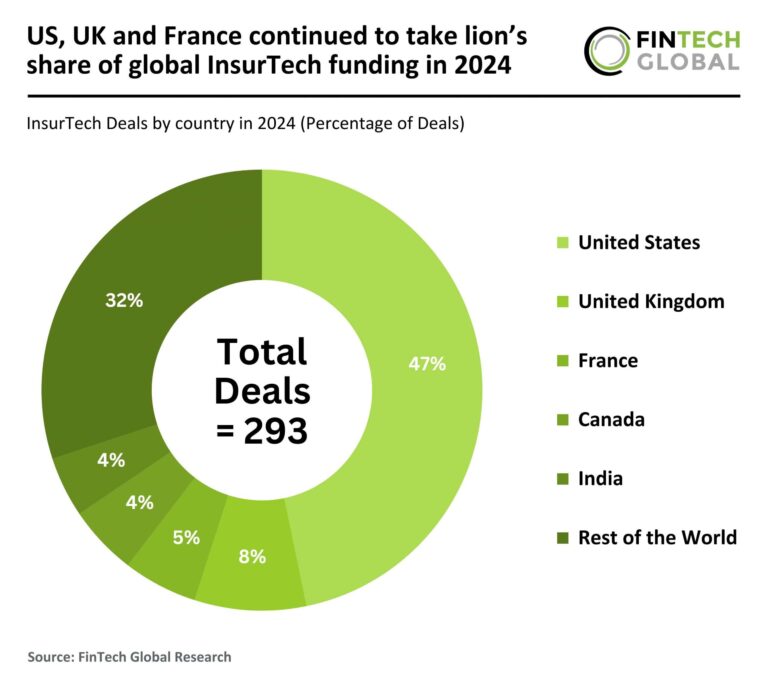Unlocking Compliance Success: How Real-Time Data Revolutionizes Business Strategies
As businesses navigate the increasingly intricate regulatory landscape, the risks associated with financial crime are becoming more challenging to manage. Early detection of these risks is paramount to safeguarding an organization’s future.
Evolving Regulatory Landscapes and Financial Crime Risks
In the current environment of heightened regulatory scrutiny, traditional compliance methods, such as annual audits, are proving inadequate. Companies must now prioritize real-time data to comply with rigorous regulations like the General Data Protection Regulation (GDPR) and various local data protection laws.
The Shift to Continuous Monitoring
The era of sporadic compliance check-ups has ended. Businesses today are required to engage in continuous monitoring to manage compliance effectively. This shift is especially critical in the financial services sector, where failing to identify potential fraud or reputational risks can have catastrophic effects.
- Overnight changes in risk factors can create significant blind spots.
- Proactive monitoring is essential to prevent risks from escalating into crises.
- Screening entities before engagement is crucial to mitigate potential threats.
Importance of Comprehensive Coverage
James Hannan, a Risk Specialist at Opoint, emphasizes the necessity of comprehensive coverage in today’s fractured regulatory environment. He states, “If you’re screening entities before engagement, missing critical developments can be costly.”
Leveraging Global Data Streams
Access to global data streams is vital for businesses aiming to meet specific regulatory requirements across jurisdictions. Early warnings from local media can indicate potential litigation or market changes long before they become widely known, creating a vital opportunity for timely compliance.
Understanding the Legal Landscape
Staying informed about regulatory shifts is essential to avoid significant penalties. Additionally, insights from media reports can greatly influence supply chains and business operations. Factors such as:
- Political instability
- Social unrest
- Economic fluctuations
can disrupt markets and affect financial reporting and risk assessments.
Consequences of Neglecting Insights
James further elaborates, “Negative news is frequently linked to reputational risk and extended damage to operations. Yet, adverse media screening is often an afterthought for many companies, a risky oversight in today’s fast-paced market.”
Issues can arise from a breaking story in a non-English language, especially concerning critical supply chain regions. By the time such information is translated, the damage may already be significant. Real-time intelligence enables businesses to adjust operations swiftly, ensuring compliance and data security.
Maintaining Data Integrity and Security
Ensuring data integrity is crucial for maintaining consistent and accurate records needed for regulatory compliance. Similarly, data security is essential for protecting sensitive information and adhering to specific regulations.
As James notes, “Each business has unique compliance needs. If due diligence is crucial, especially across multiple jurisdictions, adverse media screening and real-time insights are indispensable.”
The Role of Machine Learning in Compliance
Machine learning technologies excel at detecting anomalies in real-time, which is vital for sectors like financial services, where rapid identification of fraud or compliance issues is necessary. However, while automation enhances efficiency, human judgment remains essential for validating and interpreting flagged risks.
Conclusion: A Collective Responsibility
Relying solely on technical solutions is inadequate if the workforce views compliance as a mere formality. It is imperative for every employee to understand the importance of safeguarding data and maintaining data integrity as part of a collective effort. For more insights on managing compliance risks, visit our compliance resources page.







